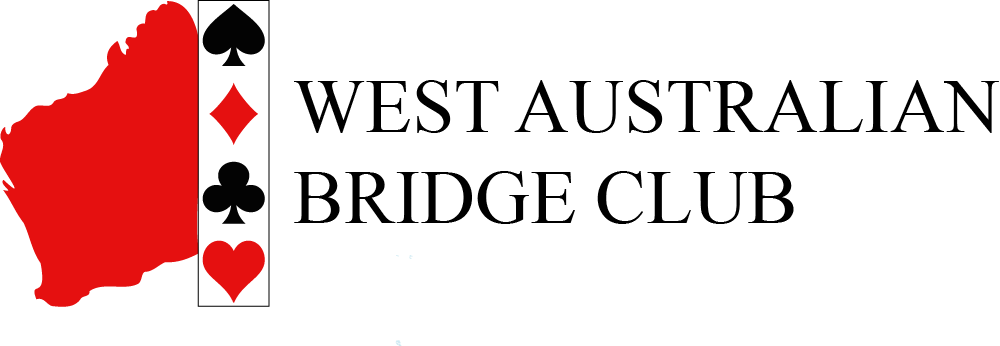Malcolm Smith
Malcolm’s father was a doctor and from an early age he was destined to follow in the paternal footsteps. WA had no medical school in the 1940s so Malcolm like many a young medico in training enrolled at Sydney University. After a year of study the war grew closer and more threatening and Malcolm enlisted in the Navy.
These were difficult times with Australia under major threat from Japan. Malcolm stationed in Darwin, became a member of the famous Z force. His unit used small boats such as disguised junks with lateen sails, to ship commandos to Roti in West Timor where they engaged in dangerous guerrilla warfare against the Japanese. Ashmore Reef was then a small half-way landing harbour. For Malcolm the dangers were always there but he survived and after the war returned to university in Sydney to finish his medical degree.
During this time Malcolm met up with Ailsa Brockman, a friend of his sister’s, who moved from Perth to Sydney after completing a degree in psychology. The pair discovered they had many things in common. Both were quick thinkers, decisive, energetic and forthright with a desire to get things done. They married in 1949, taking a ship back to Perth soon after. Malcolm became a Resident at Royal Perth Hospital before joining a practice in North Perth. Over the next years five children swelled the family numbers.
While spare time was in somewhat short supply Malcolm enjoyed fishing and golf at Royal Perth Golf Club. Ailsa’s family had horses and he became a racing fan, joining WATC 55 years ago. He loves the weekly race meetings and even had some success jointly owing a horse with a friend. El Pronto thrilled the Smith family by winning nine races. The other interest that began to absorb much of his spare time was playing bridge, another hobby shared with Ailsa.
Malcolm first learned Culbertson from his parents although he’d also had a school friend who taught him the basics of the game. With Ailsa interested too, they began playing together in Sydney. The Culbertson system was being supplanted by 4-cardmajor, variable-no-trump Goren and Acol was also growing in popularity. Back in Perth, Malcolm read Ian McLeod’s Bridge is an easy game, then books by Kaplan and Sheinwold about duplicate, the 2-over-1 system and winning bridge. In the late 1950s, he and Ailsa had £5 a time lessons from bridge international Bob Williams, a small fortune then, and joined the West Australian Bridge Association. When Mike Hopper arrived from England Malcolm began to partner him, playing Acol. Hans Rosendorff who taught Goren, really opposed the new system. He was working hard to raise Perth standards and send WA teams to play interstate and felt Acol was a mistake, but eventually he too converted to it.
By 1966, Malcolm and Mike partnering Jack Lever and Hymie Segler represented WA in Canberra in the Teams of Four. Over the years he entered State and local events with other very good players such as Henry Christie, Brian O’Hara, Derek Pocock and Hans Rosendorff, sometimes playing with his partner for the very first time. If they did well enough to qualify it was often difficult for him to juggle a busy medical practice and a family with time off to travel interstate. There was also the temptation to use these all-too infrequent respites for an overseas holiday.
Malcolm was in his eighties before he retired completely from medicine. An ardent bridge player for much of his almost-90 years he refuses to let failing eyesight deter him from enjoying his favourite game. He is one of a number of nonagenarian members of WABC, many of whom, like Malcolm, joined in the early years of the club. We are very proud of them all and wish Malcolm a happy 90th and a healthy and productive ten years before we join him to celebrate his 100th!
Published in March 2012 Edition of Trumps Plus
